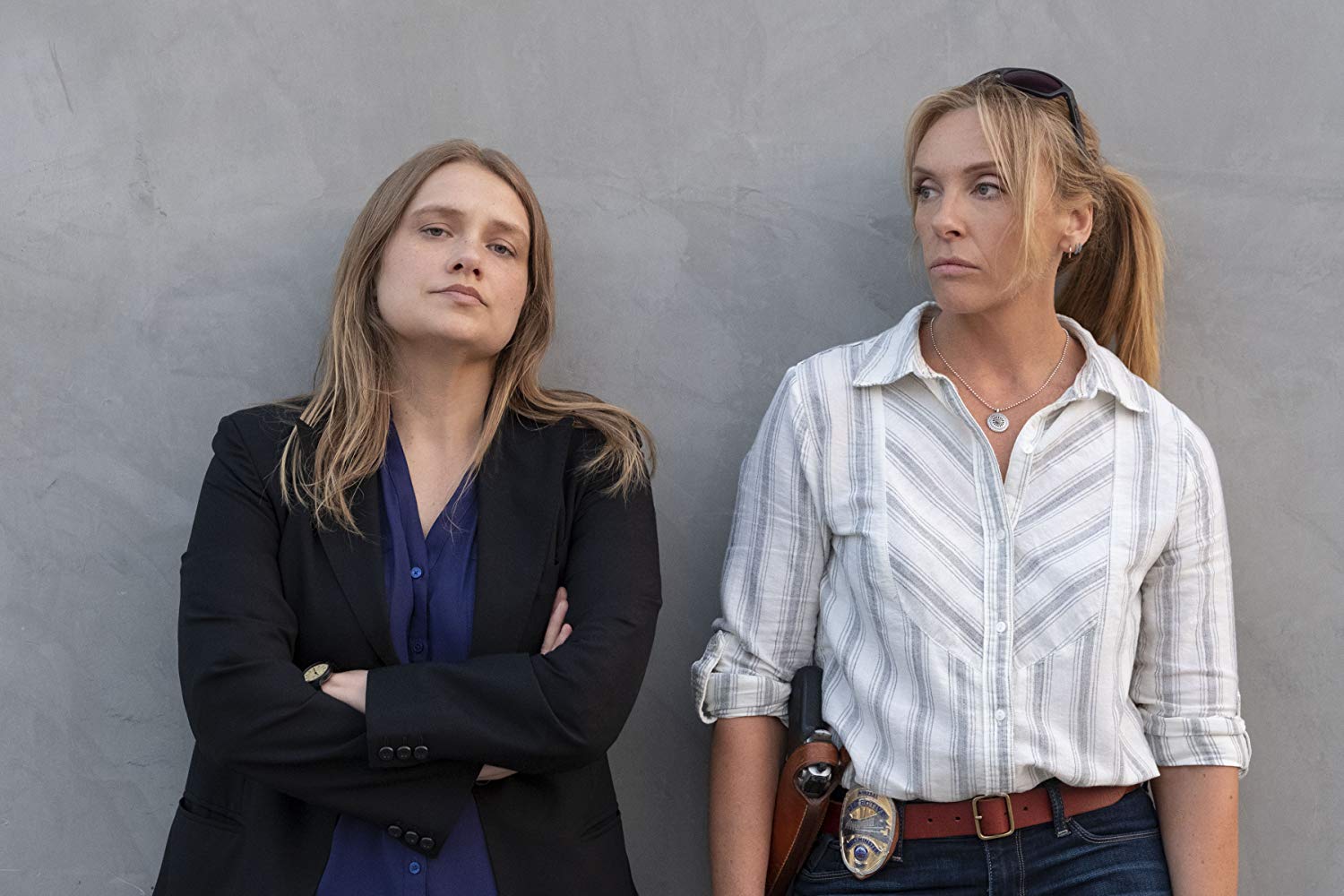Content Warning: This article discusses sexual assault
As of late, believability has become quite the hot topic. In the era of fake news, the public is constantly given minimum facts and expected to follow the rhetoric of mainstream media. In my opinion, no show has better addressed the controversy behind believability than Unbelievable. With social media having the stretch and impact that it does, it has never been more important to spread the truth. But what happens when we can’t discern truth from lies? Unbelievable addresses the severe impact that not being believed can have on a person’s life.
While the series mainly follows the story of Marie Adler’s rape and her fight for people to believe her, many other women’s stories are mentioned. They, like Marie, experienced a rape, except they had detectives who fully believed them and wanted to bring their rapist to justice. The series made it clear that the struggle Marie had to go through in terms of getting her story legitimized left a longer lasting impact than the actual rape that occurred. This is a very bold statement, but is necessary. Everyone deserves to be believed.
In 2008, Marie Adler, portrayed by Kaitlyn Dever, was sleeping in her apartment when she woke up to find a stranger standing at the end of her bed. Marie was then raped for hours on end. When the assailant finally left, Marie called the police. However, days later Marie seemingly admitted to the police officers investigating her assault that she had lied. The police officers strongly coerced a retraction of her claim with intense interrogation techniques and serve intimidation of the young and very frightened Marie. And so begins the plot of the Netflix limited series, Unbelievable.
Unbelievable follows the story of Marie as well as two female detectives, Grace Rassmusen (Toni Collette) and Karen Duvall (Merritt Wever), who begin to investigate assaults eerily similar to Marie’s. Although these detectives are working in 2011, three years after Marie’s incident, and in the state of Colorado (Marie lived in Washington state) there are many links between the assaults. For instance, in many of these rapes, the raped women remember hearing their rapist take pictures with a pink camera. Another similarity was the rapist’s strange desire to have each of his victims take a shower for exactly 20 minutes after the assault was over.
At first, it was hard to follow the plot of Unbelievable as episodes switch between 2008 and 2011 with little to no indication of which year is currently being shown. Eventually it becomes apparent that Marie’s story is meant to be watched in parallel to the detectives’ investigation. It’s extremely frustrating as a viewer to watch Marie struggle to come to terms with her assault and believe herself while, unbeknownst to her, detectives three years in the future are working to solve cases likely attributed to her rapist.
That being said, Unbelievable features a breathtaking performance from Kaitlyn Dever. Dever somehow manages to simultaneously frustrate the viewer to no avail and evoke sympathy from the audience. You just want to scream at Marie and tell her to believe in herself. Furthermore, Toni Collette and Merritt Wever work great together as the detectives investigating a series of rapes in Colorado. Wever and Collette feed off of each others intensity, bringing a great dynamic to the series. Strong female characters in television are often hard to come by which makes Wever and Collette’s acting that much more satisfying.
Unfortunately (or fortunately), there will be no spoilers about the end of this series because it is imperative to watch Unbelievable. In an era where female voices are simultaneously rocketing to the forefront of our news and being silenced (think Christine Blasey Ford), the concept of believability has never been more important.






